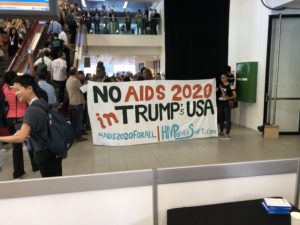When you’re trying to make a change in the policy world, it’s especially important to craft a plan early and thoroughly. Policy advocacy involves a lot of coordination, challenges, and surprises. You need to be prepared and adaptable to effectively mobilize around your issue and avoid being caught off guard. This section will help you do that! Here you’ll find resources to plan and execute a effective campaign on an issue that’s deeply felt and widely felt by your community, and to build a strong coalition.

Plan for a campaign that keeps going, and going, and going…until you win!
Get grounded and build power with grassroots and community organizing!
Build out a powerful and sustainable coalition
Engaging in advocacy as a young person
All good with Part 3? Click here to move on to Part 4: Getting Your Message Out There


